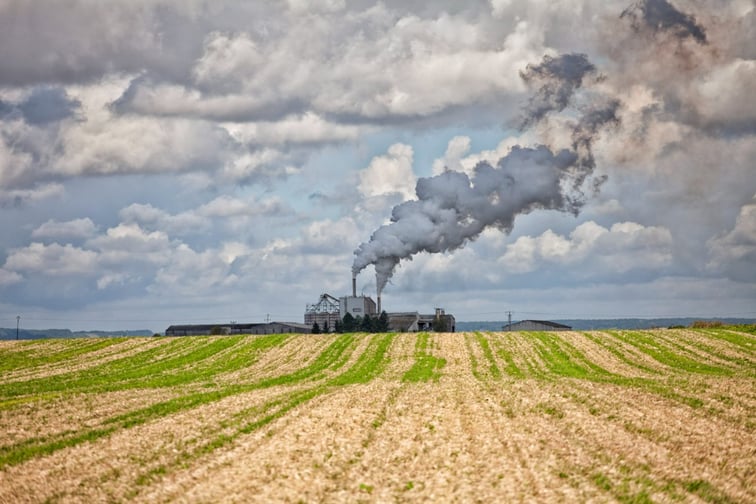

Rural mutual insurer FMG has released its opinion on the New Zealand government’s proposed He Waka Eke Noa scheme, which seeks to price greenhouse gas emissions from the agricultural sector beginning 2025.
According to FMG chief executive Adam Heath, there has been a strong reaction from the insurer’s members regarding the government’s proposal and its impacts on the agricultural sector of New Zealand, a major contributor to its economy.
While FMG said that it supports the adoption of mitigation and adaptation methods to address climate change, it also enumerated some concerns regarding the scheme, reiterating its view that any emissions-pricing scheme should not compromise the rural sector and rural communities.
FMG said that there could be potential unintended consequences to the scheme. If the current proposal is implemented as it stands, FMG believes that there will be a real risk that extensive productive pastoral land will be converted to a use which does not contribute to food production. If that happens, it will harm New Zealand’s ability to produce sufficient food for the population and reduce its capability to maintain export markets.
“The ripple effects of these shifts will fundamentally change the fabric and viability of New Zealand’s rural communities,” the insurer said.
FMG pointed out the proposal’s “inequitable” recognition for on-farm sequestration. It says it disregards the considerable efforts made by many farmers and growers in proactively addressing climate change and enhancing biodiversity through on-farm planting and retirement of land. This, FMG said, “would undermine efforts by those who have chosen to do the right thing on their land.”
The insurer also argued that the proposed scheme is inconsistent with the Paris Agreement. As the proposal runs a risk of reducing New Zealand’s food production capacity, it could end up violating the commitment New Zealand made, as a signatory, to address climate change “in a manner that does not threaten food production”.
“FMG’s view is that it is critical that the above matters are addressed in the next iteration of the proposal, to ensure that the finalised scheme for pricing agricultural emissions achieves the important goal of reducing emissions while enabling New Zealand’s rural sector to continue to
be world-leading producers of food within thriving rural communities,” said Tony Cleland, board chair of FMG. “FMG backs its farmer and grower members to be a part of the movement that can achieve both these outcomes and seeks the government’s support to do the same.”
